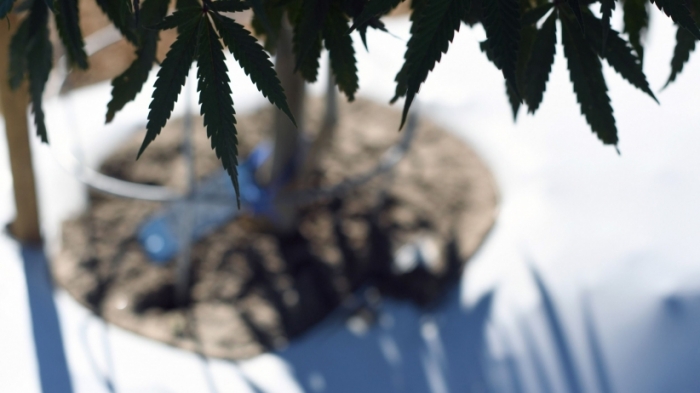Colorado Takes Aim at the Marijuana Black Market

Colorado, the first state to legalize recreational sale of marijuana, continues to provide lawmakers around the country with examples of what they should and should not do as they prepare to regulate medical and adult-use cannabis industry.
The latest involves allowing people to grow a large amount of marijuana in their homes, which Rocky Mountain State lawmakers have learned leads to a host of issues. Chief among them is the ability for organized crime to legally grow large amounts of marijuana, then divert it to the black market.
A new measure that limits the number of marijuana plants a person can grow at home won approval in March from the Colorado House of Representatives. It is expected to win approval in the Senate, and Gov. John Hickenlooper has also supported tighter restrictions in the legal marijuana market.
If passed, the measure would allow law enforcement to target suspected criminal enterprises that have used the state’s previous laws governing home-grown marijuana to their advantage.
Current law allows medical marijuana users to grow as many as 99 plants in their homes. The new law restricts that to 16.
Multi-National Criminal Organizations
The bill states that organized crime has moved into Colorado and that state lawmakers helped create the situation by initially allowing such large numberss of cannabis plants to be grown at private homes.
Many cities in the state, including Denver, have limited the number of plants that can be grown, but the 99-plant rule remains in effect across large sections of the state.
“Large-scale, multi-national crime organizations have exploited Colorado laws, rented multiple residential properties for large-scale cultivation sites, and caused an influx of human trafficking and large amounts of weapons as well as the potential for violent crimes in residential neighborhoods,” the bill states.
“Large-scale cultivation sites in residential properties have been used to divert marijuana out of state and to children.”
The state’s voters did not envision homes being used to cultivate large amounts of marijuana, said Police Chief John Jackson of Greenwood Village, just south of Denver.
“The current limit of 99 plants is a massive loophole in our state law that attracts criminal elements from across our nation in search of a quick buck,” he said, according to the Denver Post.
Other reasons for the law.
While the bill focused on going after criminals, those who read the fine print learned about a litany of issues that arise when states allow people to grow a large amount of marijuana at their home. For example, the bill listed these issues:
- Overburdening a home’s electricity capacity by trying to grow too many plants.
- A high potential for water damage and mold in homes where many plants are grown.
- A “noxious smell that limits the ability of others who live in the area to enjoy the quiet of their homes.”
- Because sites where marijuana is grown are “often” a rental, retrofitting the home to allow for large scale cultivation of marijuana can lead to significant damage that a landlord must contend with.
- Large-scale marijuana grow houses dramatically reduce property values in the area.
420 Intel is Your Source for Marijuana News
420 Intel Canada is your leading news source for the Canadian cannabis industry. Get the latest updates on Canadian cannabis stocks and developments on how Canada continues to be a major player in the worldwide recreational and medical cannabis industry.
420 Intel Canada is the Canadian Industry news outlet that will keep you updated on how these Canadian developments in recreational and medical marijuana will impact the country and the world. Our commitment is to bring you the most important cannabis news stories from across Canada every day of the week.
Marijuana industry news is a constant endeavor with new developments each day. For marijuana news across the True North, 420 Intel Canada promises to bring you quality, Canadian, cannabis industry news.
You can get 420 Intel news delivered directly to your inbox by signing up for our daily marijuana news, ensuring you’re always kept up to date on the ever-changing cannabis industry. To stay even better informed about marijuana legalization news follow us on Twitter, Facebook and LinkedIn.




